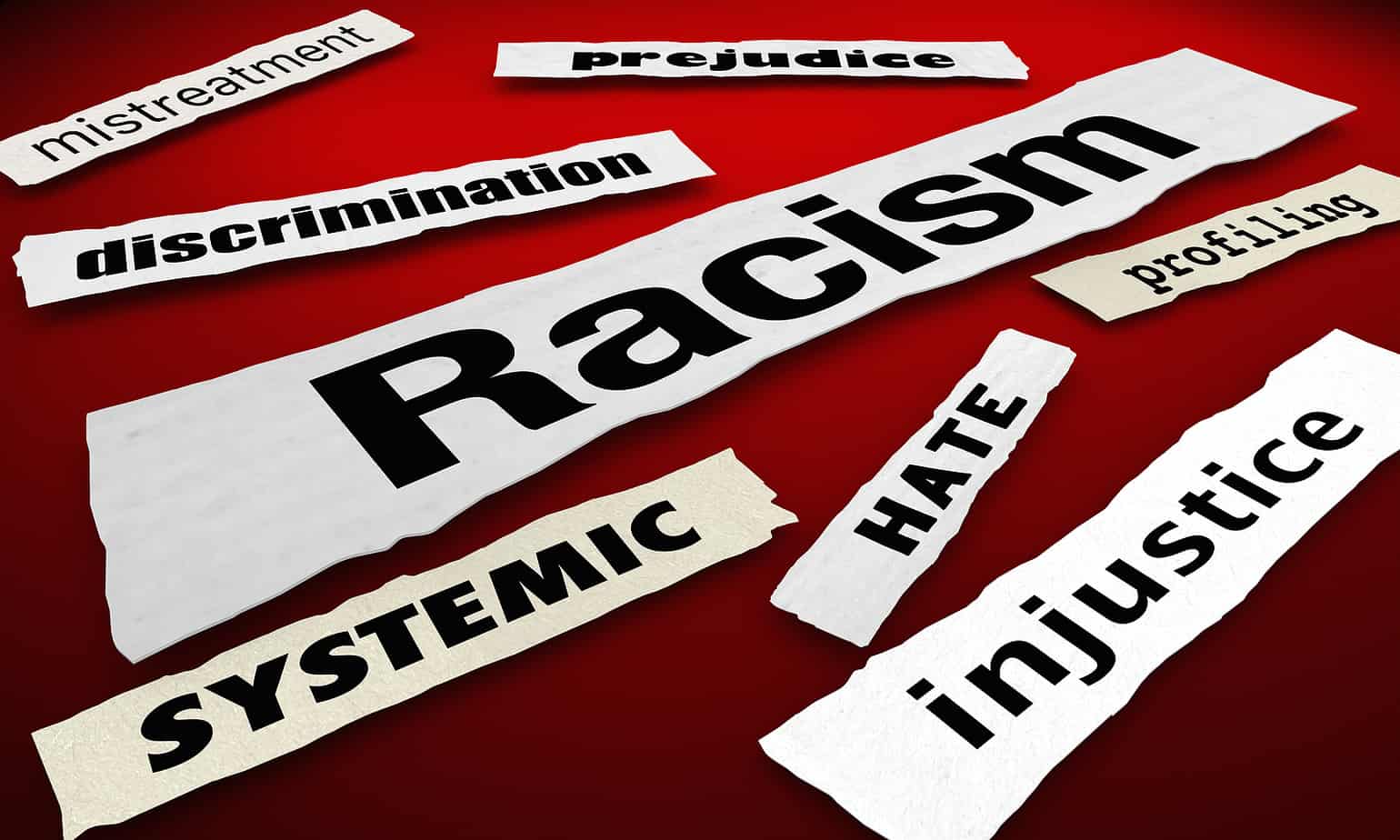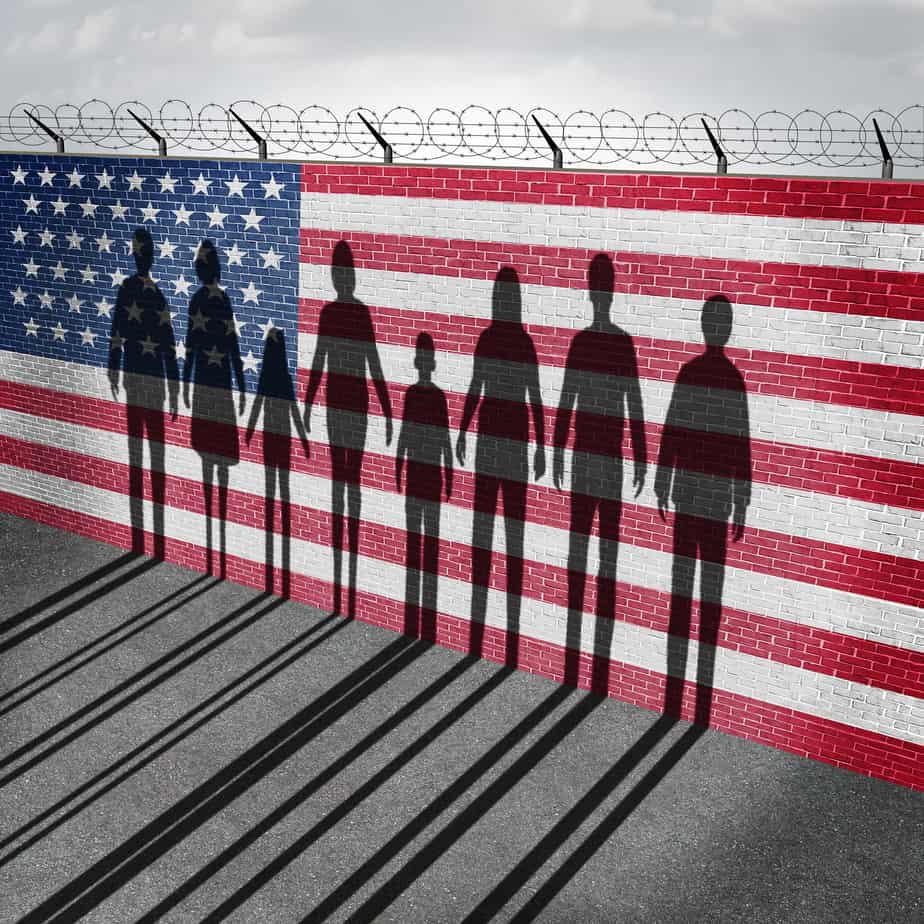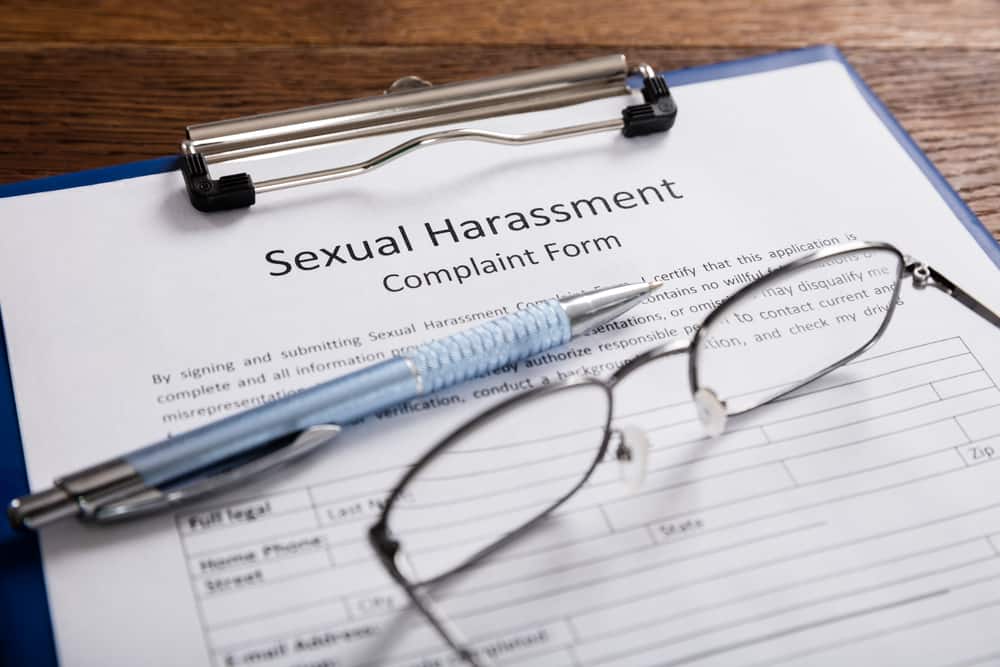In recent years, Arkansas has made headlines for its abortion laws, among the most restrictive in the United States. Governor Asa Hutchinson signed into law a near-total abortion ban in 2021. This legislation, Act 309 or 5-61-401, et seq., prohibited all abortions except in cases where the mother’s life was at risk.
The Arkansas law’s stringent restrictions, which do not make exceptions for instances of rape, incest, or other forms of medical emergency, have sparked widespread controversy and legal challenges. A federal judge temporarily stopped the near-total ban’s enforcement in July 2021. However, recent changes in the U.S. Supreme Court—like the overruling of Roe v. Wade in the Dobbs v. Jackson Women’s Health case in June 2022—have returned the issue of abortion restrictions to the forefront of state and national debates.
As discussions regarding the Arkansas abortion laws continue, the evolving landscape of reproductive rights in the United States has become a focal point for activists, lawmakers, and citizens alike. This complex issue will undoubtedly remain in the public eye, with potential ramifications for women’s health and the ongoing debate about abortion rights in Arkansas and nationwide.
Background and Overview

Arkansas has a history of enacting legislation aimed at restricting abortion access. In 2021, Arkansas enacted Act 309, 5-61-401, et seq., which prohibits all abortions that are necessary to save the mother’s life. This sweeping measure was signed into law by Governor Asa Hutchinson and is part of an accelerating trend in states to ban abortion entirely or early in pregnancy.
The state’s first abortion law, passed in 1837, declared that administering drugs or instruments to women “pregnant with quick child” to destroy the fetus would be deemed guilty of manslaughter, except for life-saving induced abortions. Over the years, Arkansas has continued to enact various abortion restrictions.
Some major abortion restrictions in Arkansas include:
- A requirement for women seeking an abortion to receive state-sponsored counseling that includes information designed to discourage her from having an abortion;
- A mandate for a 72-hour waiting period between counseling and the abortion procedure;
- A law stating that a fetus can feel pain at 20 weeks in pregnancy, which is inconsistent with scientific evidence and has been rejected by the medical community;
- A prohibition on abortions performed for sex selection.
It’s also important to mention that the enforcement of Act 309 was enjoined (prohibited) by a federal judge on July 20, 2021, after its enactment. Subsequently, the Supreme Court overruled Roe v. Wade in Dobbs v. on June 24, 2022, impacting the legal landscape surrounding abortion rights across the United States.
In summary, Arkansas’ abortion laws have evolved over the years, with recent legislation enacting near-total abortion bans, in line with a nationwide trend of increasing restrictions. The legal landscape continues to evolve, with court decisions and other actions impacting the implementation and enforcement of these measures.
Key Provisions and Exceptions
Rape and Incest Exceptions
Arkansas’s Abortion law, enacted in 2021 as Act 309, is one of the nation’s strictest abortion bans, with no exceptions for rape or incest. The law only allows the performance of an abortion to save the mother’s life in a medical emergency.
Life of the Mother
Under Act 309, abortions are only permissible when necessary to save the pregnant woman’s life in a medical emergency. This provision serves as the sole exception to the ban, as the law does not include any allowances for situations involving rape or incest.
In summary, Arkansas’ abortion law is highly restrictive, with no provisions for rape or incest and only allowing for the procedure in life-threatening situations. The law reflects a broader trend of tightening abortion restrictions in the United States following the Supreme Court’s decision to overturn Roe v. Wade.
The Role of Governor Asa Hutchinson
Arkansas Governor Asa Hutchinson, a Republican, played a significant role in enacting the state’s near-total abortion ban. In March 2023, he signed legislation that prohibits almost all abortions in Arkansas, with the sole exception being to save the life of a pregnant woman in a medical emergency. Instances of rape, incest, or fetal abnormalities are not granted exceptions under this law.
Governor Hutchinson has expressed his intentions to sign the law, which includes an aim to have the Supreme Court consider the legislation. By signing this sweeping measure, he hoped that the resulting legal challenges might eventually reach the highest court in the United States, prompting a re-evaluation of abortion laws nationwide.
Despite supporting the near-total abortion ban, Hutchinson has stated that he believes exceptions for cases of rape and incest should be included, which the current law does not provide. In defense of his decision, the governor insisted that victims of such circumstances should still have access to abortion services, highlighting a potential contention within his views.
In summary, as the governor of Arkansas, Asa Hutchinson played a crucial role in enacting the controversial near-total abortion ban in the state. While recognizing the law’s limitations regarding exceptions for rape and incest, he maintains that the objective is to challenge and potentially reshape abortion laws nationally.
Legal Challenges and Opposition
ACLU and Planned Parenthood
The American Civil Liberties Union (ACLU) of Arkansas and Planned Parenthood have been actively opposing the restrictive abortion laws implemented in the state. These organizations are fighting to protect abortion rights and have taken legal steps to challenge the ban in court.
Binding Precedents
The legal challenges brought forth by the ACLU and Planned Parenthood emphasize the binding precedents set forth by the U.S. Supreme Court, such as the 1973 Roe v. Wade decision, which legalized abortion at the federal level. They argue that Arkansas’ near-total abortion ban conflicts with these precedents and infringes upon women’s constitutional rights.
Federal Judge
In response to the legal challenges, a federal judge has recently blocked Arkansas’ near-total abortion ban, preventing it from taking effect. The law would have banned providers from performing abortions except to save the life of a pregnant woman in a medical emergency and made no exceptions for instances of rape, incest, or other extenuating circumstances. The decision by the federal judge to block the law is seen as a crucial victory for abortion rights supporters and the organizations challenging the ban in court.
Comparisons with Other State Abortion Laws
South Carolina
Arkansas isn’t alone in its attempts to pass restrictive abortion laws. South Carolina has banned abortion at six weeks of pregnancy, making it one of the states with the most restrictive laws. Like recent attempts in other states, this law has been highly controversial and faces legal challenges.
Alabama
Alabama has taken an even stricter approach to abortion laws than South Carolina. In 2019, Alabama’s governor signed a bill that essentially bans all abortions in the state, making it the strictest abortion law in the US. However, it has not taken effect due to ongoing legal battles.
Constitutional Right
The U.S. Supreme Court’s decision to overturn Roe v. Wade in June 2022 has shifted the responsibility of regulating abortion policies to each state. With the removal of the constitutional right to abortion, states now hold the power to decide what their respective abortion laws will be.
Nationwide Impact
As a result of the Supreme Court’s decision, many states have begun reevaluating their abortion laws. At present, half of the U.S. states are expected to ban abortion in the near future. Some states, like Texas, have implemented restrictive laws that ban abortions after six weeks, making it extremely difficult for many women to access safe and legal abortion services.
Overall, the changing landscape of abortion laws in the U.S. has significantly impacted reproductive rights and access to safe abortion services.
Potential Supreme Court Impact
Arkansas’ recent near-total ban on abortions may have significant implications for the future of abortion rights in the United States. With a conservative majority now present in the U.S. Supreme Court, state legislatures have passed early and total abortion bans in the hopes that the highest court will eventually uphold these laws.
The landmark case of Roe v. Wade defines the current legal framework for abortion in the U.S.. This 1973 Supreme Court decision established the right to abortion as a fundamental constitutional right, setting a precedent for many subsequent cases related to abortion rights. However, if the Supreme Court were to overturn Roe v. Wade, the consequences could be substantial for Arkansas and the rest of the country.
States that have enacted “trigger laws,” like Arkansas, are poised to enforce strict abortion bans if Roe is overturned. In the case of Arkansas, the ban would prohibit abortion at all stages of pregnancy, reflecting one of the most restrictive positions in the nation. Therefore, the U.S. Supreme Court’s role could be highly influential in shaping the future of abortion access in the state.
In recent years, cases involving abortion rights have come before the Supreme Court, the most notable being June Medical Services v. This case resulted in a decision that addressed various Arkansas laws designed to limit access to abortion care. The decision galvanized pro-life and pro-choice activists, indicating the Supreme Court’s receptiveness to hearing cases challenging abortion rights.
Given the legal precedent set by Roe v. Wade and its importance in the broader context of U.S. constitutional law, the potential for the Supreme Court to overturn or significantly modify its holding remains a hotly debated and closely watched issue. The future of Arkansas’ near-total ban on abortions and other state-level restrictions ultimately depends on the Supreme Court’s interpretation and enforcement of past and future precedents on this matter.
Implementation and Enforcement
Ultrasound and Consent Requirements
Arkansas abortion law, Act 309 of 2021, enforces strict ultrasound and consent requirements. Before undergoing an abortion procedure, women are required to receive an ultrasound, during which the fetal heartbeat and other pertinent information are presented. In addition, informed consent is mandatory, ensuring the woman fully understands the procedure, its risks, and alternatives.
Medical Emergency
The law makes exceptions in medical emergencies where the mother’s life is at risk. In such instances, the stringent requirements of obtaining informed consent and conducting an ultrasound may be waived to preserve the mother’s life.
Minors
Arkansas abortion law places particular emphasis on the protection of minors. If the patient seeking an abortion is a minor, parental consent is obligatory. Furthermore, in cases of rape or incest, the law requires the victim to report the crime to law enforcement before undergoing an abortion beyond the 20-week limit.
In terms of enforcement, the Arkansas abortion ban stipulates severe penalties for those violating the law. Performing an abortion is considered a felony, attracting a substantial fine of up to $100,000 and a prison sentence of up to 10 years. This responsibility falls on the shoulders of state prosecutors, who ensure that the law is upheld and transgressors face appropriate consequences.
Frequently Asked Questions
Is abortion legal in Arkansas?
Abortion is currently illegal in Arkansas except in cases where it’s necessary to save the mother’s life. Arkansas has enforced its trigger ban to prohibit abortion entirely following the U.S. Supreme Court’s decision to overturn Roe v. Wade in Dobbs v. Jackson Women’s Health Organization.
What are some restrictions on abortion in Arkansas?
Before the enforcement of Arkansas’ trigger ban, some key restrictions were:
- Abortion would be banned if Roe v. Wade were overturned.
- Patients had to receive state-directed counseling that included information to discourage them from having an abortion.
- Patients were required to wait 72 hours before the procedure was provided.
What impact does the near-total abortion ban have on people seeking abortions?
The near-total abortion ban in Arkansas significantly restricts options for people seeking abortions. They might have to travel to other states where abortion is legal or resort to unsafe methods.
Can the Arkansas abortion law be challenged?
Yes, the Arkansas abortion law can be challenged in court. The law’s supporters hope it will force the U.S. Supreme Court to revisit its 1973 Roe v. Wade decision. Opponents might explore legal avenues to challenge the law and protect reproductive rights.



